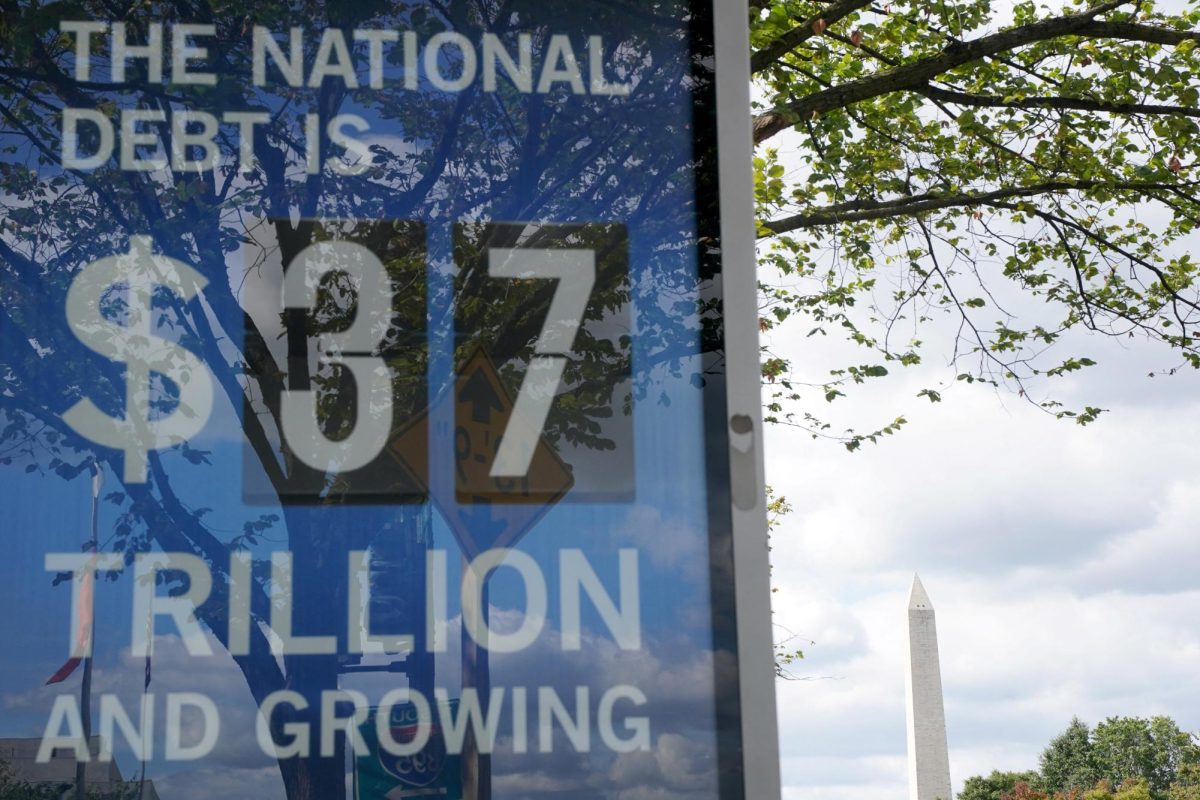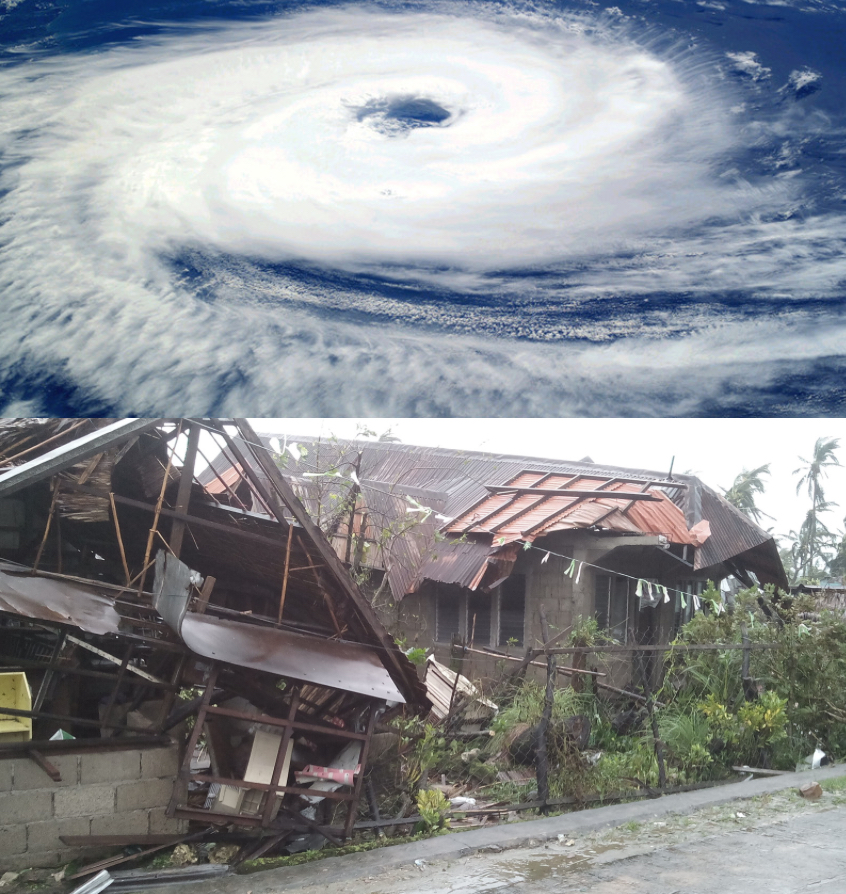Climate change vs Vehicles
Weather frequently changes from being burning hot to freezing cold. So what is going on in our world today that is causing this? Two words, Global Warming. You might have heard this all over the news, science channels, and documentaries about climate change patterns. But what does it have to do with vehicles and our transportation system? Well actually everything, starting from banning gas cars to making electric cars, transportation for people and food, and being able to afford electric cars.
Global warming, so how is it a threat to us? What will it cause in the long run? If logically looking at the patterns, global warming becomes a threat to us by creating more frequent and intense droughts, storms, heat waves, rising sea levels, melting glaciers and warming oceans. It can not only harm us but the environment and animals living and surrounding us.
As climate change continues to worsen it can cause even more dangerous and frequent types of weather, for example typhoons and hurricanes. Which necessarily are the exact same thing except typhoons occur in North-West Pacific Ocean and South-West Pacific and SouthEast Indian Ocean. While Hurricanes occur in the Atlantic and North- East Pacific Oceans. In the long run as stated by usgs.gov, “Scientists have predicted that long-term effects of climate change will include a decrease in sea ice and an increase in permafrost thawing, an increase in heat waves and heavy precipitation, and decreased water resources in semi-arid regions.”
So how do vehicles relate to climate change? Well most of our transportation ways are on gas based vehicles, and typically these vehicles emit about “4.6 metric tons of carbon dioxide per year”, as stated by United States Environmental Protection Agency. As their rebound in fixing these high emission stats, our government has come to a conclusion to just ban gas cars. Although that is a good-hearted idea, it is impossible to do so. Why is it impossible? Easy explanation, because most people in our nation can not afford an electric car, an average price for one is roughly about $61,488. Including the fact that when creating electric cars, they are in need of a battery. Ironically, when creating this battery we also emit “32,000 pounds of carbon…when produced”, states Vincent Krenz from The San Diego Union-Tribune, author of Opinion: California lawmakers are overlooking the consequence of the gas-powered car ban. But yet these batteries are meant to last 15-20 years, so in a way it does prevent them from causing more carbon emission.
But are gas cars and electric cars so different? And are they really better than gas cars? People have mixed feelings about this fact, some people prefer gas cars more because they believe it’ll last longer, but some people prefer electric cars. Mainly people prefer electric cars for the fact that they save money in not having to pay for gas, yet that also doesn’t help because they still have to pay for the electric bills if they don’t have solar panels installed. In this case electric cars are just adding more spendings to be able to even drive out of the house in it. So beating the system in saving money is quite literally impossible.
In this case, what can the government do to make those who don’t have access to electric vehicles have the ability to travel to places that they need to go? Public transportation is one answer but those massive buses for example are also gas based, and if making everything electric, the size of that battery and the emission when producing is massive. In conclusion it might just be better to make public transportation more accessible rather than personal private vehicles if it comes to banning gas cars.
And what about the agricultural structure? How does the difference between electric vs. gas vehicles matter? Well it’s a known fact that gas vehicles are more powerful and most used than electric vehicles in farming, and would be able to crop more resources than any electric vehicle. As well as, they would be able to spread and collect more crops and send them to grocery stores not only all over the nation but also all over the world.
There are pluses and minuses all over the place in this topic, and there’s no proper answer that can fix all of those problems. It all depends on a collective decision and what leads to a conclusion of ultimately, what is better to protect our environment, what is a better savings choice to most citizens in our nation, which electric vehicle or gas vehicle that is more efficient in agricultural structure, and what is it that can truly save us from the long coming threat of Mother Nature?

Hi, I’m Nicole Nazemnikova. I am a beat editor of World News and CCHS Sports as well as the photographer for sports on our campus. I write interesting...





















































